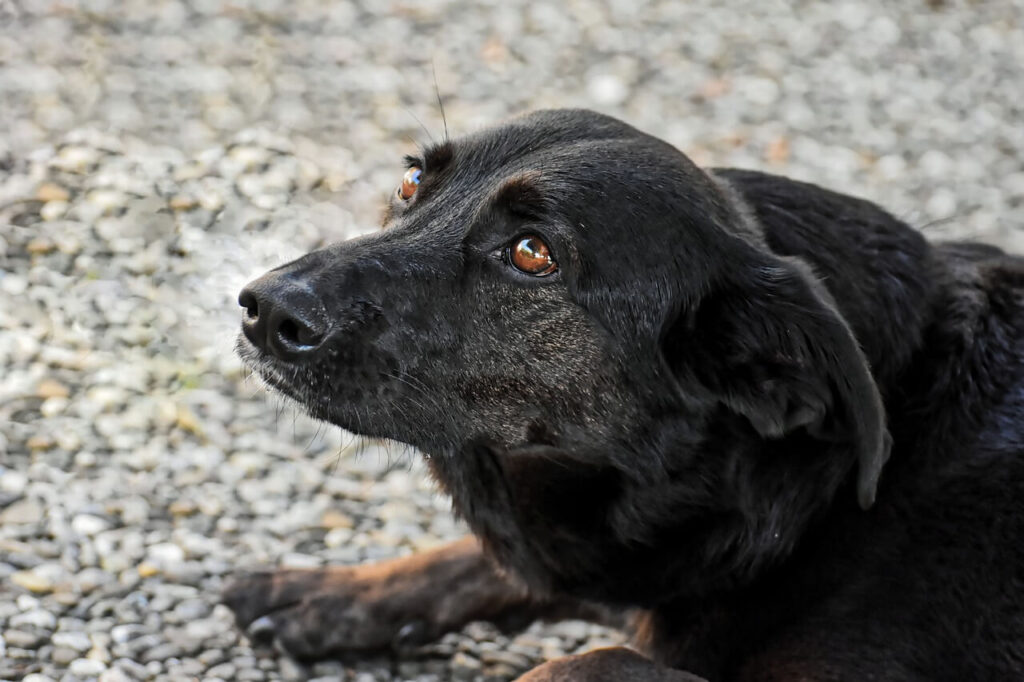How to Stop Submissive Urination in Puppies and Adult Dogs

Submissive urination is considered a normal dog behavior. It’s a puppy or dog’s way of showing a more dominant individual that he is being submissive and isn’t any kind of threat to the dominant dog or person. Unfortunately, if your puppy or dog tends to submissively urinate in your home it can be a behavior problem for an owner.
Tips to Stop Submissive Urination
Puppies are typically at the bottom of any pecking order so submissive urination is more likely to occur in puppies and young dogs who don’t have a lot of self-confidence. Most puppies do outgrow this behavior by the time they’re a year or so old when they have developed more confidence. However, some dogs will continue to submissively urinate as adult dogs. You can use these tips to overcome the behavior:
1. If your puppy or dog tends to submissively urinate when you arrive home, try greeting him outside. This may reduce some of the stress your dog feels and, if he does urinate, it won’t be in the house.
2. When you greet your puppy or dog, don’t loom over him or speak in a loud voice. Don’t pat him on the head. These are all things that tend to frighten dogs, especially if they are already unsure of themselves. Instead, speak gently and pet your dog under the chin.
3. Don’t demand that your dog make eye contact with you. This is very intimidating for many dogs.
4. When you arrive home toss your dog some treats or show him a favorite toy. This can take his mind off being nervous and he will start looking forward to greeting you instead of worrying about your reception.
5. Do not scold your puppy or dog or use physical punishment if he urinates. This will only make the issue worse.
6. Try some dog training with your puppy or dog. Teach him to sit. When you arrive home you can ask him to sit. This will give him something to do instead of worrying about how to behave or what you are going to do. And, your dog will enjoy pleasing you. Be sure to praise your dog for sitting and give him a reward.
7. Work on socialization with your puppy or dog. Take him places where dogs are welcome and let him meet other dogs and other friendly people who can pet him and give him some treats. The more your dog gets out and sees people and places, the more it will help build his confidence. He will also enjoy spending more time with you.
8. Be patient.
Some puppies and adult dogs are, by nature, more submissive than others. They do not do well if you scold them. Try to eliminate things that may make your puppy or dog nervous such as patting him on the head or speaking in a loud voice. Instead, do things that let your dog know that he is pleasing you. Play with your dog, work on training and socialization. Most of the time dogs will outgrow submissive urination.
